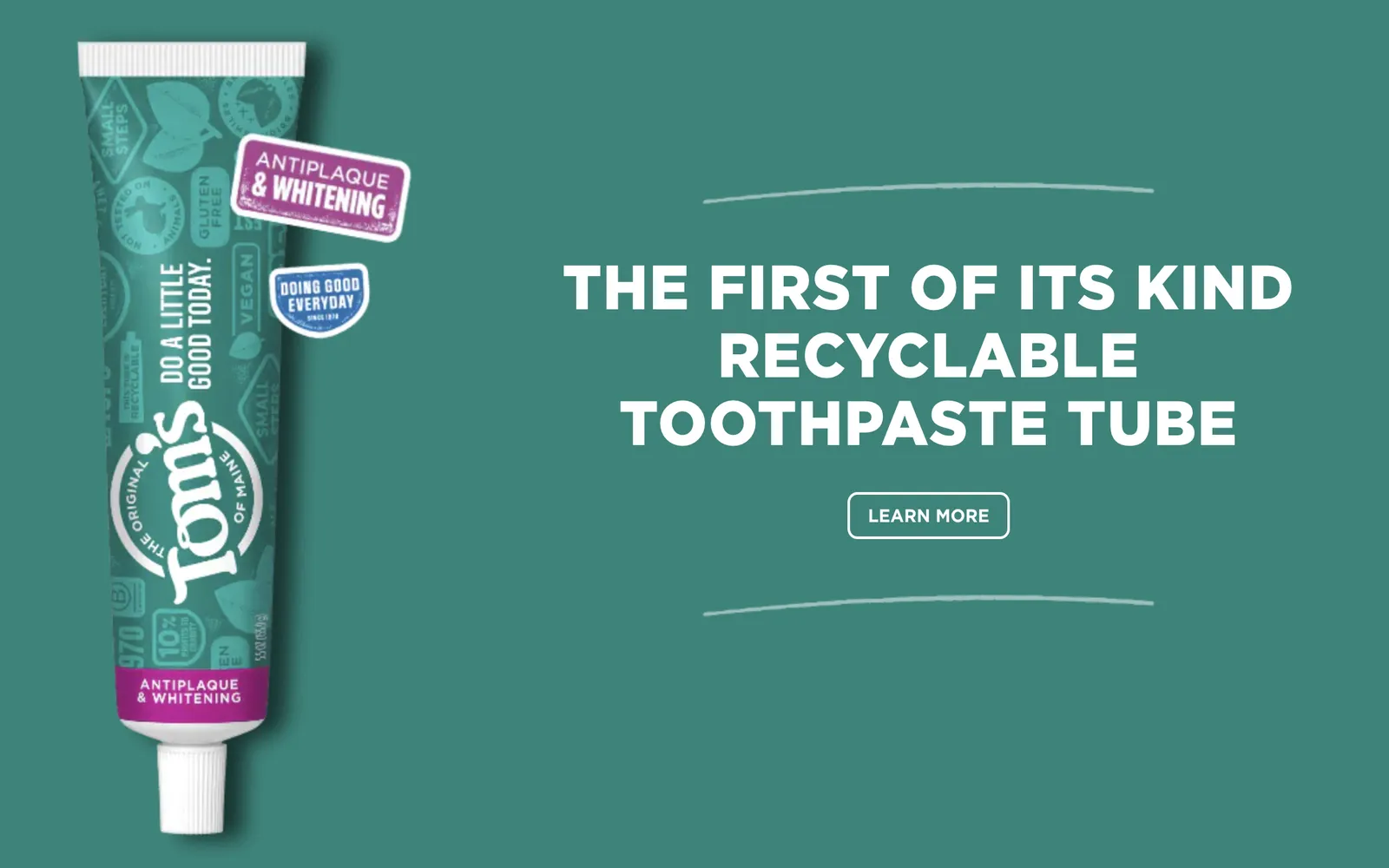Corporate social responsibility (CSR) is an essential aspect of modern business practices, where companies integrate social and environmental concerns into their operations. Here, we explore 12 exemplary cases of CSR executed effectively, showcasing how these organizations have made a positive impact while enhancing their brand image. Each example highlights different facets of CSR, from sustainability initiatives to community outreach programs.
1. Patagonia: Environmental Activism
Patagonia stands out for its commitment to environmental sustainability. The company donates a percentage of its profits to environmental causes and has implemented various initiatives to reduce its carbon footprint, such as using recycled materials in its products. Their “Worn Wear” program encourages customers to repair and reuse their gear, promoting a circular economy.
2. Starbucks: Ethical Sourcing
Starbucks has made a name for itself by committing to ethical sourcing of coffee beans. The company has established the Coffee and Farmer Equity (C.A.F.E.) Practices, ensuring fair wages and sustainable farming practices for coffee farmers. This initiative not only supports farmers but also reinforces Starbucks' brand as a socially responsible entity.
3. TOMS: One-for-One Model
TOMS revolutionized CSR with its one-for-one model. For every pair of shoes sold, the company donates a pair to a child in need. This approach has expanded into other products, including eyewear and bags. TOMS exemplifies how a business can successfully integrate philanthropy into its core operations.
4. Ben & Jerry’s: Social Justice
Ben & Jerry’s is known for its advocacy on social justice issues. The ice cream company actively supports various causes, including climate change, LGBTQ+ rights, and racial equality. Their commitment to social activism is reflected in their product names and marketing campaigns, making a substantial impact on both society and their customer loyalty.
5. Nike: Community Engagement
Nike has invested heavily in community engagement through its Nike Community Impact program. This initiative focuses on promoting physical activity among youth and supporting local organizations. Nike’s commitment to empowering communities aligns with its brand identity as a leader in sports and fitness.
6. Unilever: Sustainable Living
Unilever’s Sustainable Living Plan aims to reduce the environmental footprint of its products while increasing its positive social impact. The company has set ambitious goals, including improving health and wellbeing, reducing environmental impact, and enhancing livelihoods. Unilever’s commitment to sustainability resonates with eco-conscious consumers and enhances brand loyalty.
7. Microsoft: Digital Inclusion
Microsoft has made significant strides in promoting digital inclusion through its various initiatives, such as providing access to technology in underserved communities. Their programs focus on bridging the digital divide, ensuring that everyone has the opportunity to participate in the digital economy. This commitment not only enhances corporate reputation but also supports global development.
8. Coca-Cola: Water Stewardship
Coca-Cola has launched extensive water stewardship initiatives to ensure sustainable water use in its operations. The company aims to replenish the water used in its beverages and has implemented programs to improve water access and sanitation in communities worldwide. Coca-Cola’s focus on water sustainability demonstrates its responsibility towards environmental conservation.
9. Google: Renewable Energy
Google has committed to operating on 100% renewable energy. The tech giant invests heavily in renewable energy projects, aiming to reduce its carbon footprint significantly. Google’s dedication to sustainability not only helps the environment but also sets a standard for other corporations in the tech industry.
10. Johnson & Johnson: Health Initiatives
Johnson & Johnson has a long-standing commitment to health and wellness. The company invests in community health programs, focusing on maternal and child health, disease prevention, and access to healthcare. Their initiatives have a profound impact on public health and demonstrate the essential role of CSR in the healthcare sector.
11. IKEA: Sustainable Products
IKEA has embraced sustainability by offering a range of eco-friendly products and implementing sustainable practices in its operations. The company aims to become climate positive by 2030, focusing on renewable materials and energy efficiency. IKEA’s commitment to sustainability appeals to environmentally conscious consumers and strengthens its market position.
12. Dell Technologies: Circular Economy
Dell Technologies is a leader in promoting a circular economy through its recycling and sustainability programs. The company has set goals to use 100% recycled or renewable materials in its products by 2030. Dell’s initiatives not only reduce waste but also encourage other organizations to adopt sustainable practices.
In conclusion, these 12 companies exemplify how corporate social responsibility can be effectively integrated into business strategies. From environmental sustainability to social justice, these organizations have made significant contributions that resonate with consumers and communities alike. By prioritizing CSR, businesses can enhance their reputation, foster customer loyalty, and create a positive impact on society.
Incorporating these examples of CSR into your business strategy can lead to both ethical and financial success. As consumers become increasingly aware of social and environmental issues, businesses that prioritize CSR will likely thrive in the long run.





